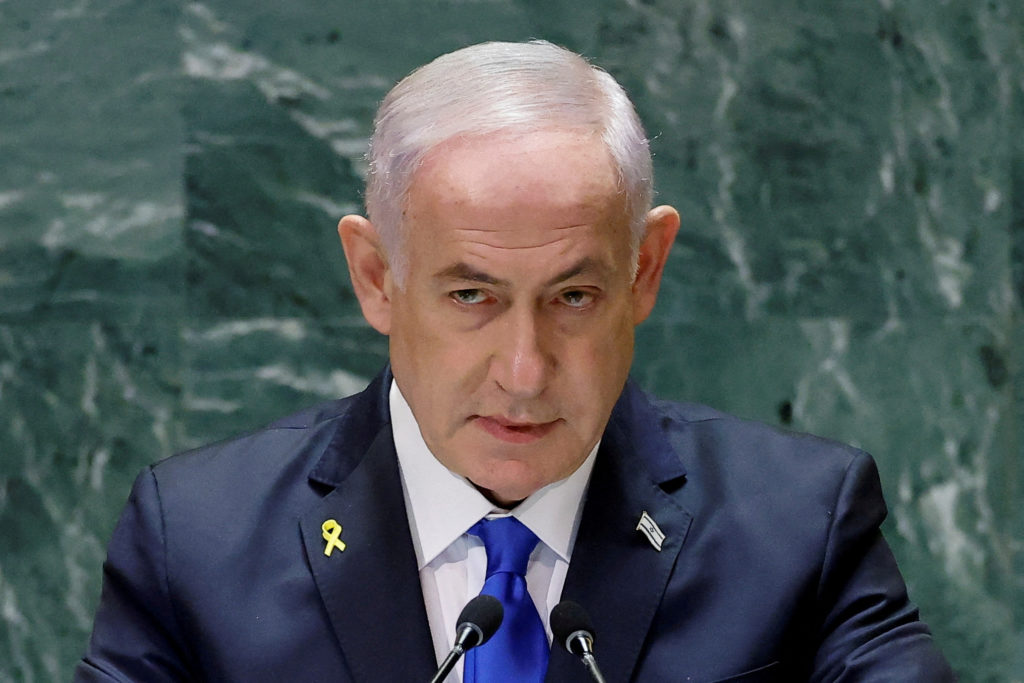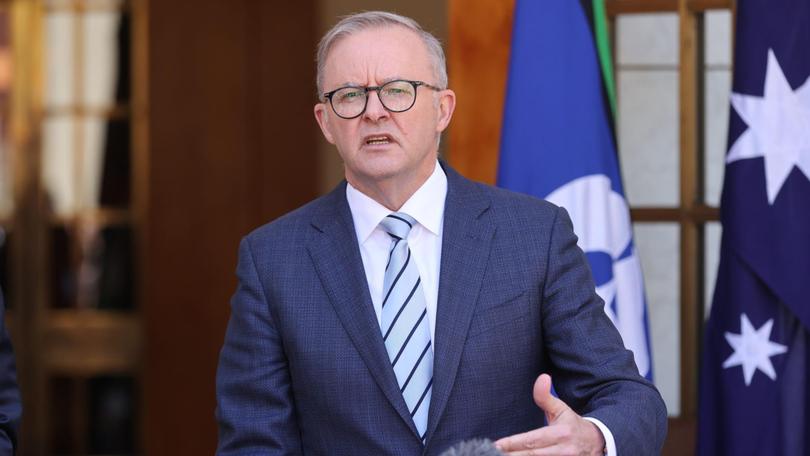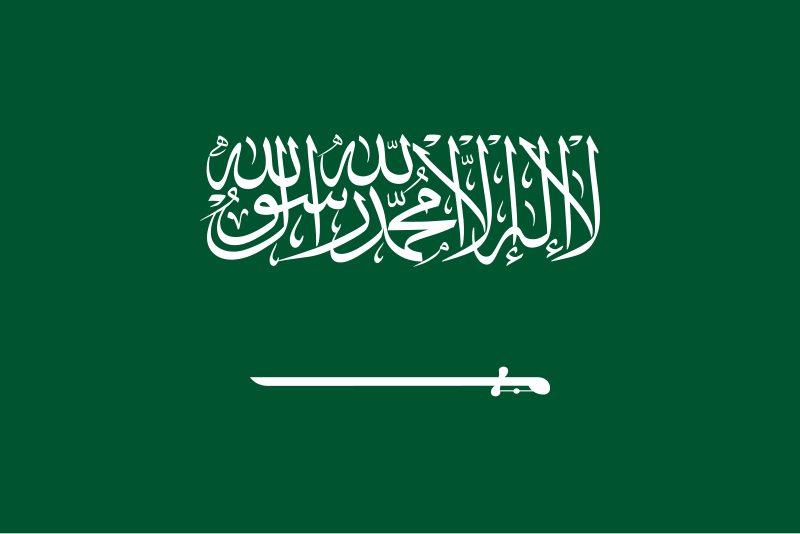
As the world’s attention was focused on Israel’s attack on Hamas leaders in Doha, Israeli forces continued their unrelenting bombardment of Gaza, killing more than 50 people on Tuesday.
Among the dead are nine Palestinians, who had gathered in the enclave’s south seeking aid. Israel pressed on with its offensive in Gaza City after Prime Minister Benjamin Netanyahu threatened Palestinians to flee to the south for their lives.
The Wafa news agency reported that a drone strike on a makeshift tent sheltering displaced families at Gaza’s port killed two civilians and injured others. Warplanes also hit several residential buildings, including four homes in the al-Mukhabarat area and the Zidan building northwest of Gaza City, it reported.
Another house was reportedly bombed in the Talbani neighbourhood of Deir el-Balah in central Gaza, while two young men were killed in an attack on civilians in the az-Zarqa area of Tuffah, northeast of Gaza City.
Al Jazeera’s Sanad fact-checking agency confirmed footage showing an Israeli strike on the Ibn Taymiyyah mosque in Deir el-Balah. The video captured a flash of light before the mosque’s minaret was enveloped in smoke. Despite the blast, the minaret appeared to remain standing.
Israel issued new evacuation threats on Monday, releasing maps warning Palestinians to leave a highlighted building and nearby tents on Jamal Abdel Nasser Street in Gaza City or face death. It told residents to move to the so-called “humanitarian area” in al-Mawasi, a barren stretch of coast in southern Gaza.
But al-Mawasi itself has been repeatedly bombed, despite Israel insisting it is a safe zone. At the start of the year, about 115,000 people lived there. Today, aid agencies estimate that more than 800,000 people – nearly a third of Gaza’s population – are crammed into overcrowded makeshift camps.
Philippe Lazzarini, the chief of the United Nations agency for Palestinian refugees, UNRWA, described al-Mawasi as a vast camp “concentrating hungry Palestinians in despair”.
“There is no safe place in Gaza, let alone a humanitarian zone. Warnings of famine have fallen on deaf ears,” he said.
The Palestinian Civil Defence warned that “Gaza City is burning, and humanity is being annihilated”.
The rescue agency said that in just 72 hours, five high-rise towers containing more than 200 apartments were destroyed, leaving thousands of people homeless.
More than 350 tents sheltering displaced families were also flattened, it added, forcing nearly 7,600 people to sleep in the open, “struggling against death, hunger, and unbearable heat”.
More than 64,000 Palestinians have been killed, some 20,000 of them children, in the Israeli offensive, which has been dubbed a genocide by numerous scholars and activists. The International Criminal Court has also issued an arrest warrant for Netanyahu for alleged war crimes.
The Government Media Office in Gaza said that more than 1.3 million people remain in Gaza City and surrounding areas, despite Israeli attempts to push them south. It described the evacuation orders as an effort to carry out “the crime of forced displacement in violation of all international laws”.
More than 90 percent of Gaza’s 2.3 million people have been displaced multiple times in 23 months of genocidal war, and an Israeli curb on aid entry, including food items, has led to starvation deaths. Last month, a UN agency declared famine in Gaza, affecting half a million people.
On Tuesday morning, Palestinians in central Gaza staged a protest against the latest evacuation orders.
Reporting from Deir el-Balah, Al Jazeera’s Hind Khoudary said that demonstrators carried banners reading, “We will not leave”, and “Not going out”.
“The primary goal of the [Israeli] occupation is displacement,” said Bajees al-Khalidi, a displaced Palestinian at the protest. “But there’s no place left, not in the south, nor the north. We’ve become completely trapped.”
Violence also flared in the occupied West Bank, where Israeli forces killed two teenagers in the Jenin refugee camp, according to the Wafa news agency.
Mourners on Tuesday buried 14-year-old Islam Noah, who was shot while attempting to enter the besieged refugee camp. A funeral was also held for another 14-year-old, Muhammad Alawneh. Two others were wounded in the same incident.
Israel sent missiles at Doha as Hamas leaders were meeting in the Qatari capital for talks on the latest ceasefire proposal from the United States to end the war in Gaza. Hamas said five people were killed, while Qatar said a security official was also among the dead. Hamas said its leadership survived the assassination attempt.
Qatar’s Emir Sheikh Tamim bin Hamad Al Thani condemned Israel’s “reckless criminal attack” in a phone call with US President Donald Trump. Qatari Prime Minister and Minister of Foreign Affairs Sheikh Mohammed bin Abdulrahman bin Jassim Al Thani called the attack “state terrorism”.
The Qatari prime minister said Doha would continue to work to end Israel’s war on Gaza, but raised doubts about the viability of the most recent talks. “When it comes to the current talks, I don’t think there is something valid right now after we’ve seen such an attack,” he said.
Qatar has sent a letter to the UN Security Council, condemning what it calls a cowardly Israeli assault on residential buildings in Doha.
The Doha attack has drawn global condemnation, with the UN chief calling it a “flagrant violation” of the sovereignty and territorial integrity of Qatar.
The White House claimed that the US had warned Qatar of the impending strike, but Doha rejected that account, insisting the warning came only after the bombing had begun.
Trump later said he felt “very badly about the location of the attack” and that he had assured Qatar that it would not happen again.
“This was a decision made by Prime Minister Netanyahu, it was not a decision made by me,” Trump wrote on Truth Social. “Unilaterally bombing inside Qatar, a Sovereign Nation and close Ally of the United States, that is working very hard and bravely taking risks with us to broker Peace, does not advance Israel or America’s goals.” (AlJazeera)



